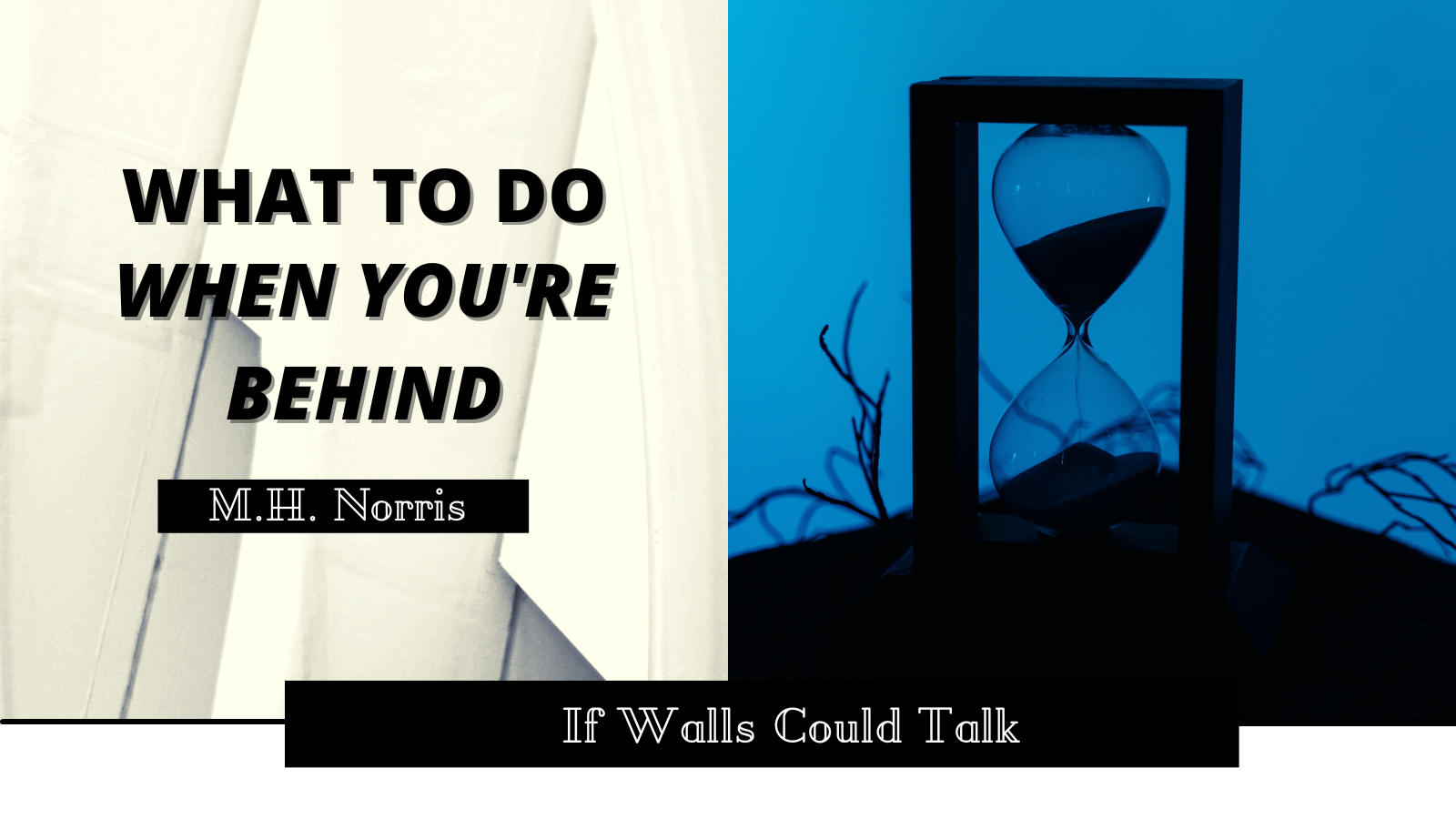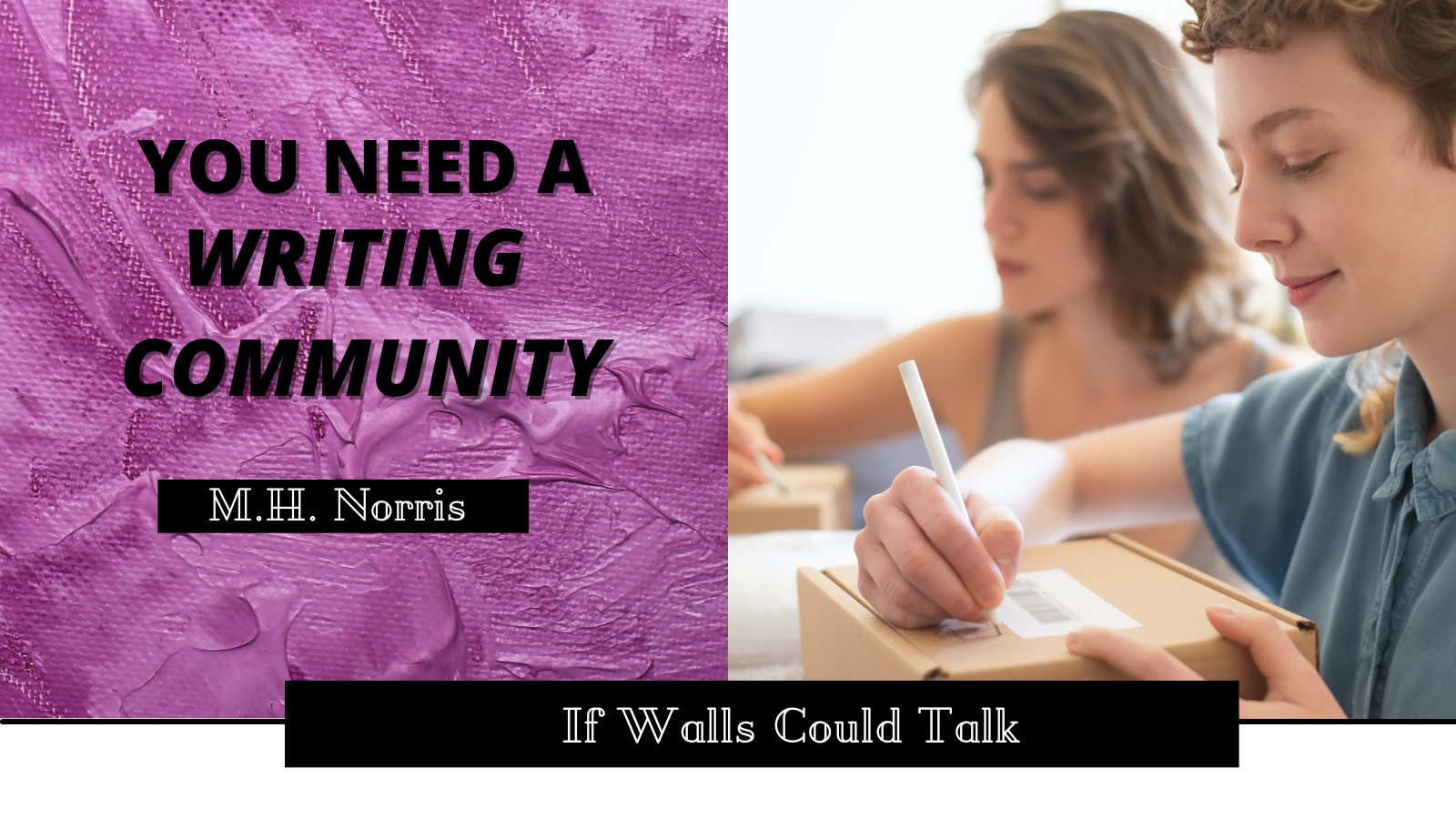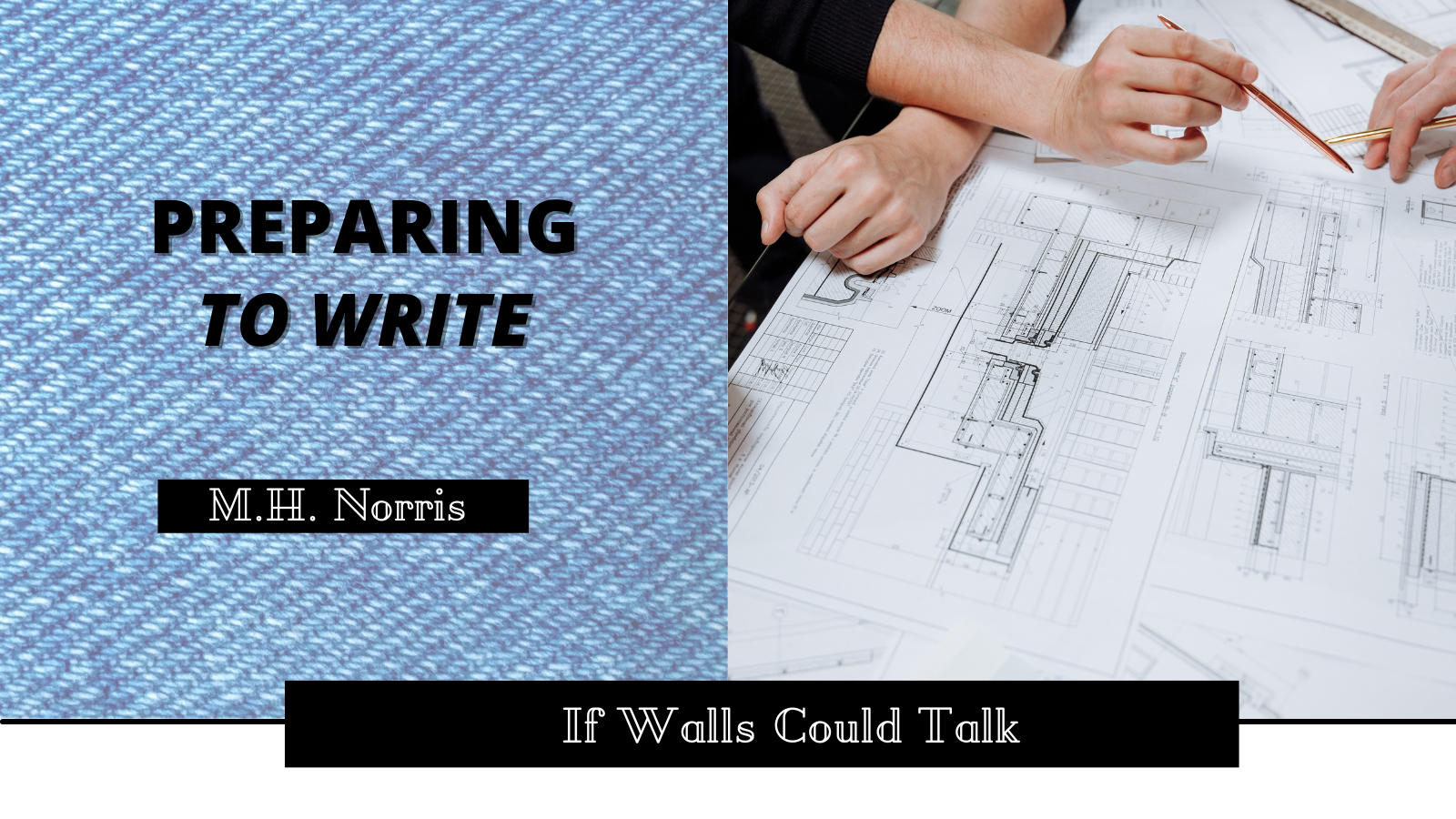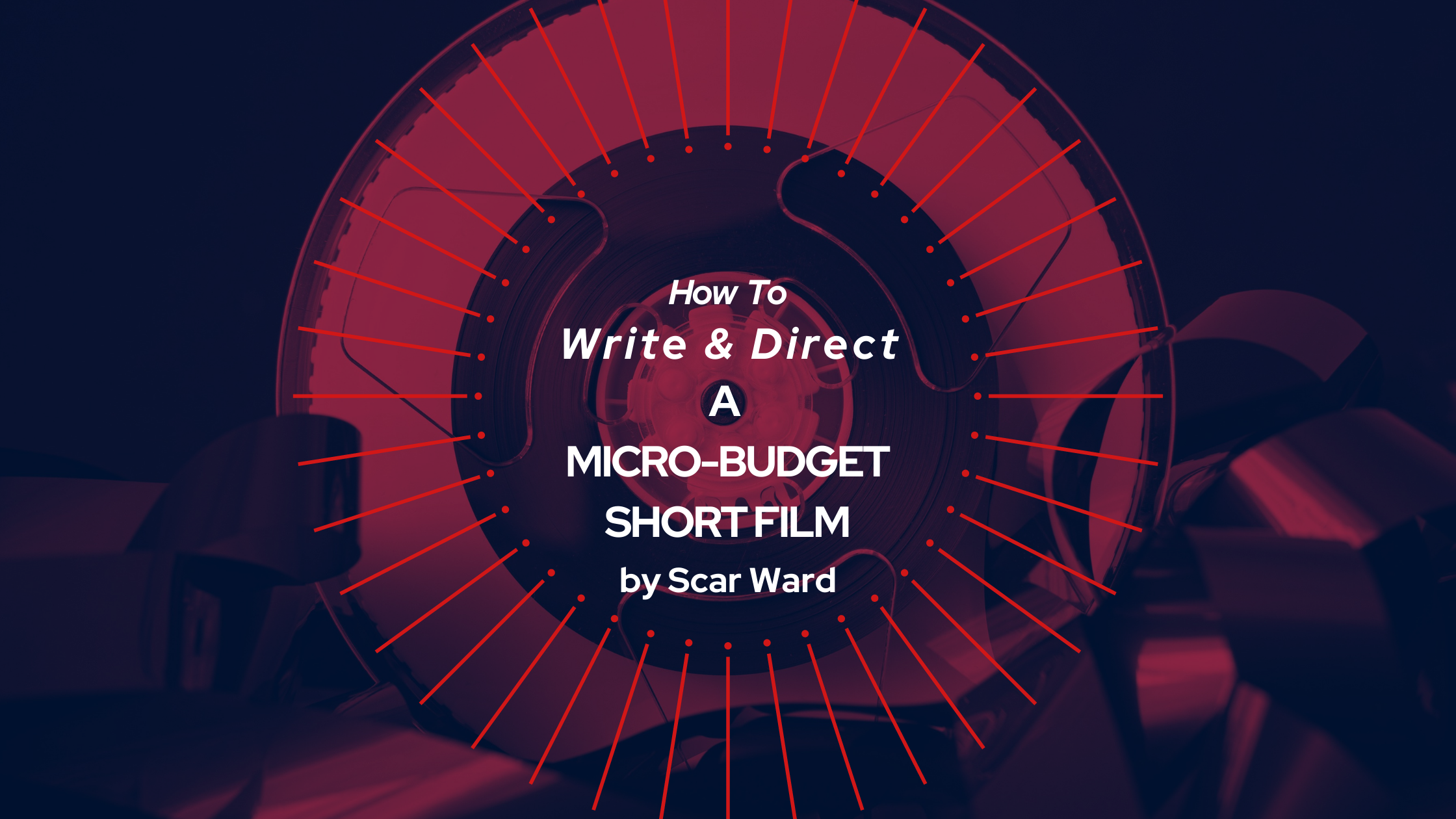
Writing short films has always been a good training ground for film and TV (even more so for directing). It really does train you to be as concise as possible. But the sheer amount of work and money that goes into making even the shortest of films that have a decent production value–plus the sheer number of writers with scripts they want to get produced–means you’ll want to start off as small as possible.
If your objective is to write a short film that can be made on a truly micro-budget, what do you need to keep in mind?
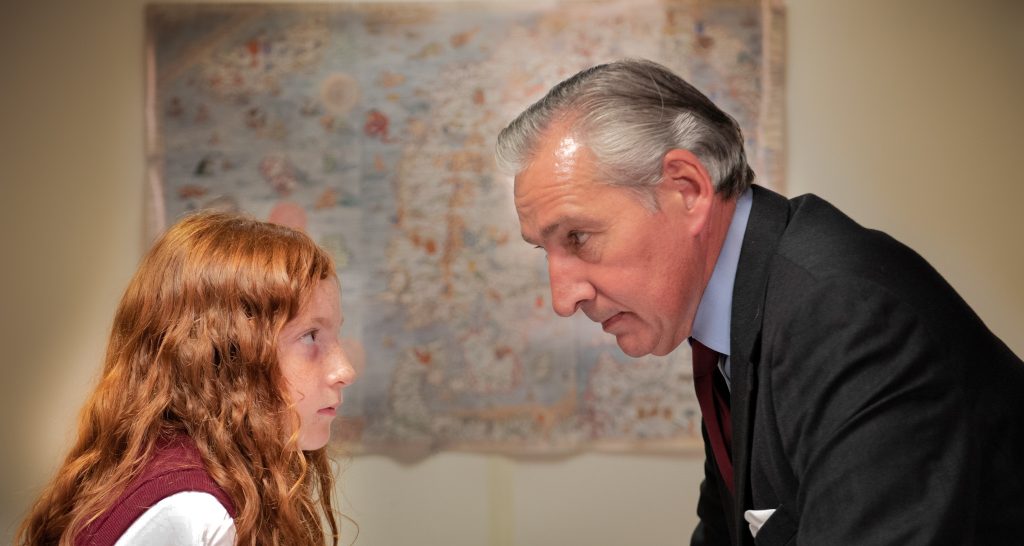
LENGTH
A weekend shoot is absolutely perfect for a low-budget short.
For one, crew who work in their craft as their day job on things like commercials and music videos will often consider using their weekend on a short if they like the story, the creative team seem professional, and they’re approached with respect for their time and craft. Mostly, I’ve filled crew positions through existing networks and friends of friends, but I found my DOP just through a respectful cold email.
In online communities such as Shooting People or Mandy, you see a surprising number of people fail at that basic third step and act like potential crew should be thanking them for the opportunity of working for exposure or, at best, a low rate.
Anyone who’s been at it long enough to be good at their job will have seen it all before. They know you’re not going to make money out of your short, and are very unlikely to get to Sundance. Remember that offering “the film for your showreel” in lieu of payment can make sense if you’re looking for, say, a student Director or DOP, but less so if you’re looking for a Boom Op or a costume assistant. They’ll get hired off the strength of their CVs and recommendations, not a reel.
The same goes for actors: the less time you’re asking for, the smaller the ask is, and the higher the chance you can get experienced actors.
Plus equipment can often be hired for a special weekend rate. So, adding extra days onto the shoot not only adds extra costs for equipment hire, location hire, wages, food etc, it might not be possible to assemble the same quality of team as you could for a two-day shoot.
The other part of this is the finished product, which you want to be as short as the story allows and not a second longer. Competition for festival slots is fierce and submitting is expensive. When a twenty-minute film could be replaced by four five-minute ones, your twenty minute film has to be truly special to justify taking up such a large slot. If it’s a twenty-minute film with a story that could have been told in half the time with a good rewrite, you’ve got no chance.
What does this mean when you’re actually writing? Being ruthless with cutting, for one, but also finding the bits that are essential. If you’ve got one scene that’ll be especially fiddly to shoot or especially expensive, but you believe is truly essential, then of course, keep it, and maybe cut or condense some less important scenes instead. Or be creative. Does it have to take place in that incredibly expensive or hard to get location? Does it have to involve a crowd of extras?
Always be thinking what the quickest and cheapest way to set up a situation is. For example, if your story starts with a family moving into a new area and you want to set up that they’re newcomers, do you really need a page devoted to the moving van and all the furniture etc.? Or could you just have the character try to make breakfast in a kitchen where all the appliances are still in boxes? Visual shorthand is your friend.
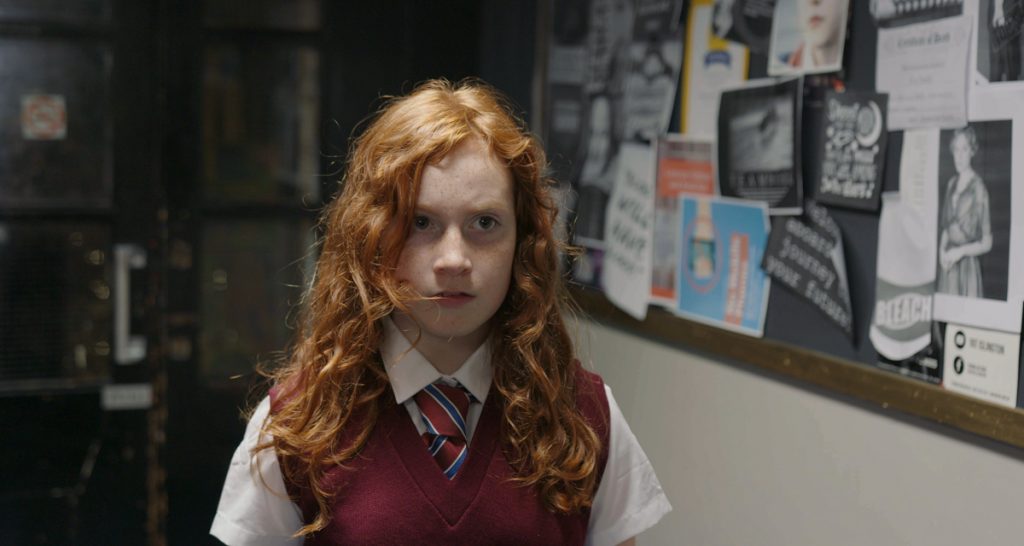
LOCATION
For a short, you’re rarely going to be using a professional location service. Their rates start at something like £800 a day. Even if you’ve got industry funding, that’d be a huge chunk of your budget.
Try to use locations you already have access to, if you can. Through friends and family, you should have access to some kind of house or flat for free. Some people use sites like Airbnb. With the latter, it’s worth being upfront about what you want to use it for and being prepared to offer a bit extra compared to normal guests as an incentive. If you’re using locations or high-value equipment that doesn’t belong to you, it’s worth getting the shoot insured.
Public parks are another easy go-to. Depending on your local area these will often require a license, but many London boroughs offer a reduced student rate to small productions. Forests are similar, though they add logistical problems to keep in mind- getting cast and crew to a more isolated area. Where will you get food? Are there toilets nearby?
Think about your family and friends, is there anyone who owns or has strong connections with an interesting location they might be able to offer you for free? If a relative has, say, a reindeer farm you could use, find a story that would work there and build the short around it.
Of course, that doesn’t mean you have to completely restrict your creativity. You just have to be prepared to put the work in if you want something different. My film was set in a school–and an actual school would be hard enough to get even without production taking place in the middle of COVID-19. I needed to have a location locked down by Friday due to licensing restrictions, it was already Thursday, and schools had just released the doomed algorithm exam results, causing a political meltdown.
There was obviously no way we were going to secure an actual school in those circumstances. Even a normal office started to look impossible to secure with COVID restrictions. The location was essential to the film, so we found a way–building the set out of wood and dressing it to look like a school. So far, everyone has been fooled, even before post-production has worked its magic.
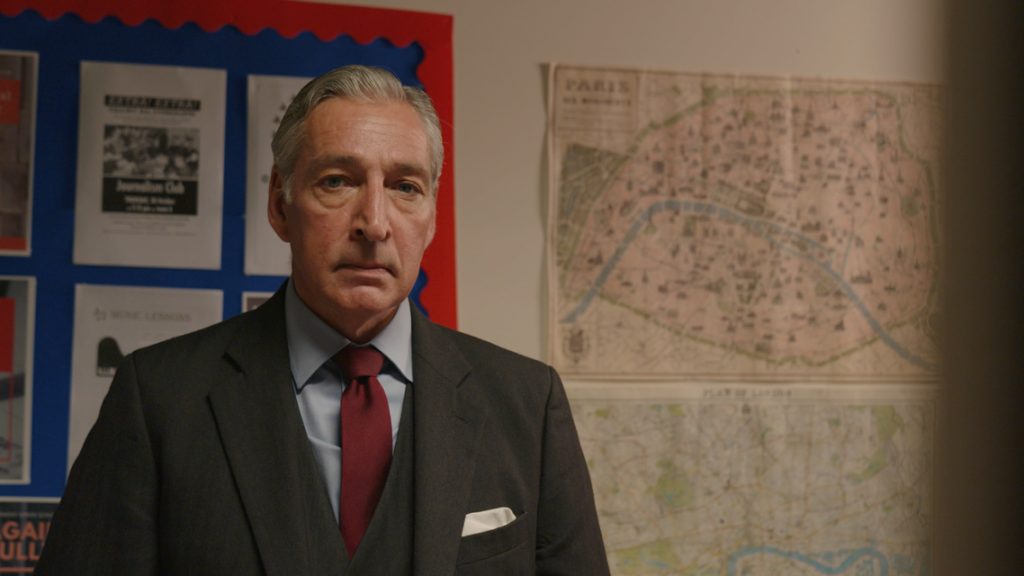
STUNTS
Stunts aren’t just full-on sword fights or car crashes. A character getting slapped is a stunt. A character falling over is a stunt. Two characters fighting over a prop is a stunt. On a film set, you have equipment the actors or crew could trip over on fall onto while doing the deceptively simple action, and falling to the floor for multiple takes is going to end up hurting the actor if they haven’t been trained to fall safely.
It always pays to be careful. If it’s truly very simple, you can likely get away with hiring actors with basic stage combat training. Anything more complex and you’ll be wanting to add a fight director to your crew. It’s a specialised position which can command a high rate, so be sure you really need that violent punch-up when you write it.
PERIOD & GENRE
Things like period drama and fantasy are hard to do on a micro-budget. Location, costume, props and set design become very important, and often, very expensive. Still, like anything, it isn’t a hard rule, and I’ve been part of very small productions that managed to pull it off (by very small here, I mean a budget of about 5k). If you’re struggling to afford the basics of equipment and crew, steer away from these and write something set in the modern-day. If you’re determined to take the challenge, look into hiring costumes and props from theatres. Places like the National Theatre do it if you’re in London.
CHILDREN AND PETS
Never work with children or animals, goes the old adage. While I’ve yet to direct the latter, I’ve directed multiple films starring children between six and eleven years old and in all cases, they’ve given brilliant performances.
However, it does present its own challenges, especially legally. In both the UK and US there are strict regulations around child actors. They can only work a limited amount of hours compared to adult actors, must have regular breaks, and need to be accompanied by a licensed chaperone or a parent.
In the UK specifically, applying for a license requires a lot of paperwork, can take up to a month for the local council to process, and often requires you to have a production company to apply through and things like a safeguarding policy. While the bureaucracy is quite a lot for small productions to deal with, it is ultimately there to protect children, and it’s doable with proper planning.
For animals, if their part requires a trained animal actor and not just a mate’s dog, remember that’s going to be a significant expense–it’s such a specialised area that an animal handler and the talent in question are likely going to command a high price.
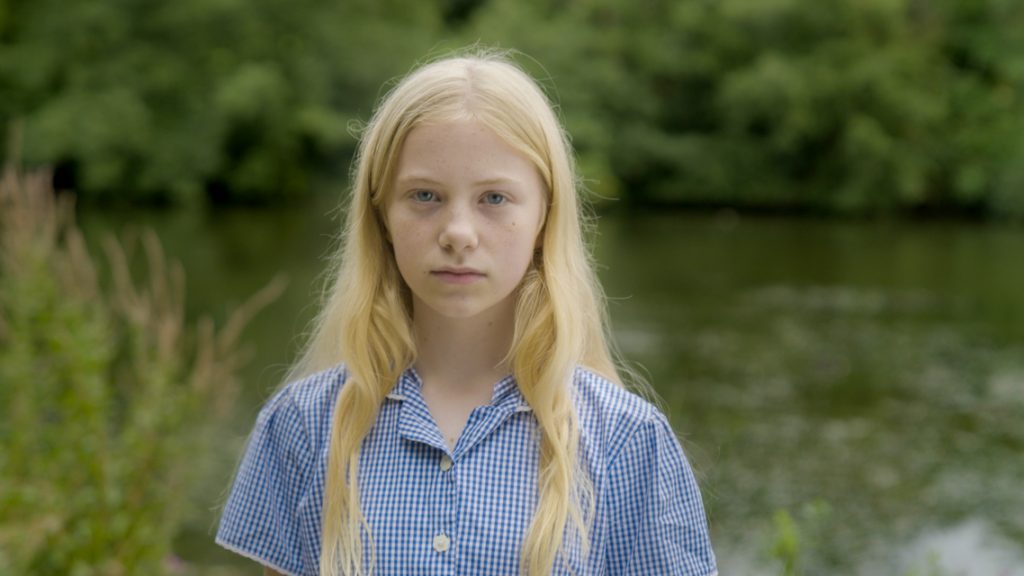
STORY
One hurdle is your story has to be of the right size and scale to work as a short film and to be satisfying in that medium. Lots of people make shorts as a way to get the feature version of it funded, which can work in some situations, but features work on such a different scale and the odds are against you. If you’ve only made one short, even if it’s amazing, securing funding for your next short will still be hard enough, let alone trying to raise hundreds of thousands for a feature.
There’s also the inherent difficulty in finding a part of your feature idea that will genuinely stand on its own and be a compelling narrative in its own right. If your feature relies on a complicated world that needs to be set up, or a sprawling cast, you’ll have your work cut out for you in making a good short out of it.
The things that tend to make really compelling shorts are stories that stick very closely to one main character, with minimal cast, and are primarily about one thing, exploring one kind of theme, and not trying to fit too much into ten or so minutes. For example, if you give your protagonist troubled relationships with their parents, their partner, and an estranged child, you’re going to waste time setting all of that up when you could be exploring just one of those things with depth.
There’s also the problem of originality. If you’re aiming at film festivals, you’re going to be fighting to get noticed in a crowded pool of films and if you’re sending them a rehash of the same narrative they’ve seen a thousand times, you won’t be helping your odds.
That’s not to say you’ve got to reinvent the wheel, but if you’re going to retread common ground, it should be from a truthful and authentic place. If it’s coming from your own experiences and there’s something honest and specific about it, that will show through. Write the script only you could write.
REWRITING
Never shoot an early draft. Always get notes, from whoever you can. Going through development with a script is invaluable. It’ll make your script better, and it’ll make you a better writer by the end of it.
With Dead Susan, I first had the idea in July 2019. I wrote a first draft, but it was an idea I felt deserved to be properly executed, plus there was an established actor who was my dream choice to play one of the roles, so I shelved it for later.
I worked on it sporadically, making minor improvements, until I attended a BFI Mixer in March this year. It was a whirlwind day of zoom meetings with producers, some of whom felt way out of my league, and I had script requests from everyone I talked to. I ended up having multiple follow up talks with one interested producer (though we didn’t end up working together).
His feedback caused me to do a complete rewrite. Not one scene was the same as the original, though the core of the story remained the same, and it was so much better for it. I really believed in that version of the script, and luckily, so did that dream actor.
My crowdfunding campaign for post-production and distribution costs for Dead Susan ends on the 20th December and we’re very close to a stretch goal of VFX and film posters.
A link to see the film costs only £5. £15 will get you behind the scenes production content plus the script. £25 will get you more content like this from me, with a behind the scenes look at script development, early drafts from the script to compare with the shooting script (and how the changes improved it), and the experience of casting child roles from over a hundred self-tapes.


